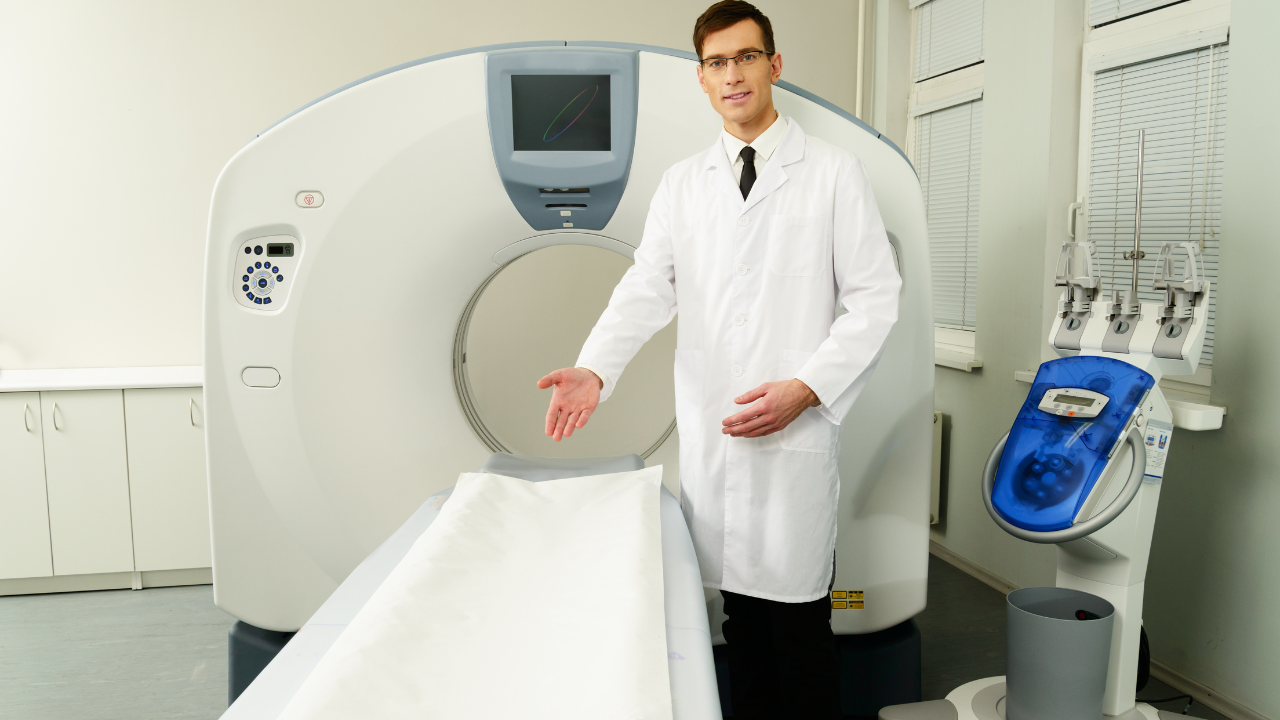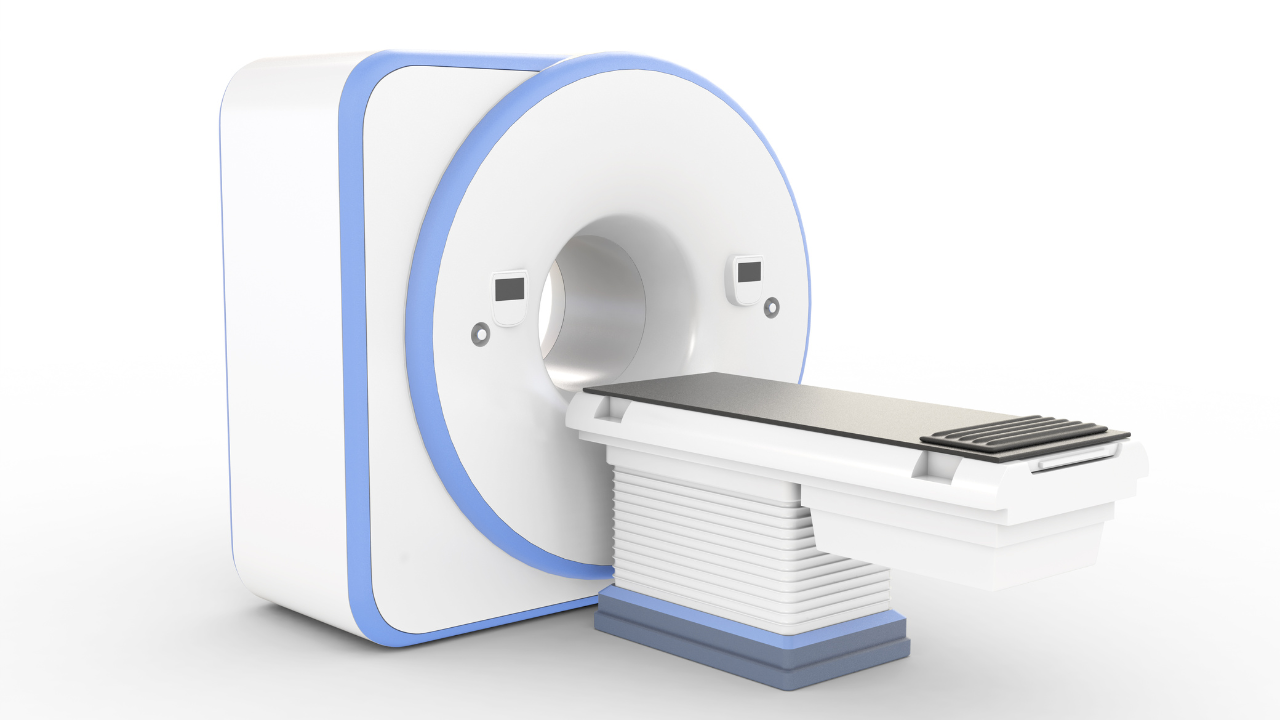Blog and News

Study of Pacemaker Safety in MRI Scans

Back in 2011, a study conducted by cardiologists at John Hopkins has found that MRI scans could be safer than initially thought for people who have a certain kind of pacemaker or implanted cardiac devices, assuming that specific guidelines are followed prior to and during the scan.
The study looked at more than 400 people who had pacemakers or other implanted cardiac devices and who were given MRI scans. It was found that there was a very low risk of the implanted device malfunctioning, moving or otherwise failing to perform correctly. However, three of the patients (or 1.5 percent of the devices) suffered from a power-on reset during the MRI scan. This is a problem that can be easily rectified, allowing the test to continue.
It had always been assumed that patients with pacemakers could not have MRI scans performed, for safety reasons. This study suggested more options may be available in the future. While this information is now three years old it is worth pointing out there are more options emerging every day.
In general, if you have any concerns about the safety of an MRI scan, or indeed any other treatment or diagnostic procedure, talk to your doctor and ask them to explain what the procedure is, why they have recommended it, and the risks and benefits of the procedure.
Note that the information provided in this article is for informational purposes only, and should not be thought of as medical advice. There are a lot of factors to consider when it comes to MRIs, and not all applications are suitable for all patients. Only your doctor and radiologist can tell you whether or not a procedure is suitable for you.






